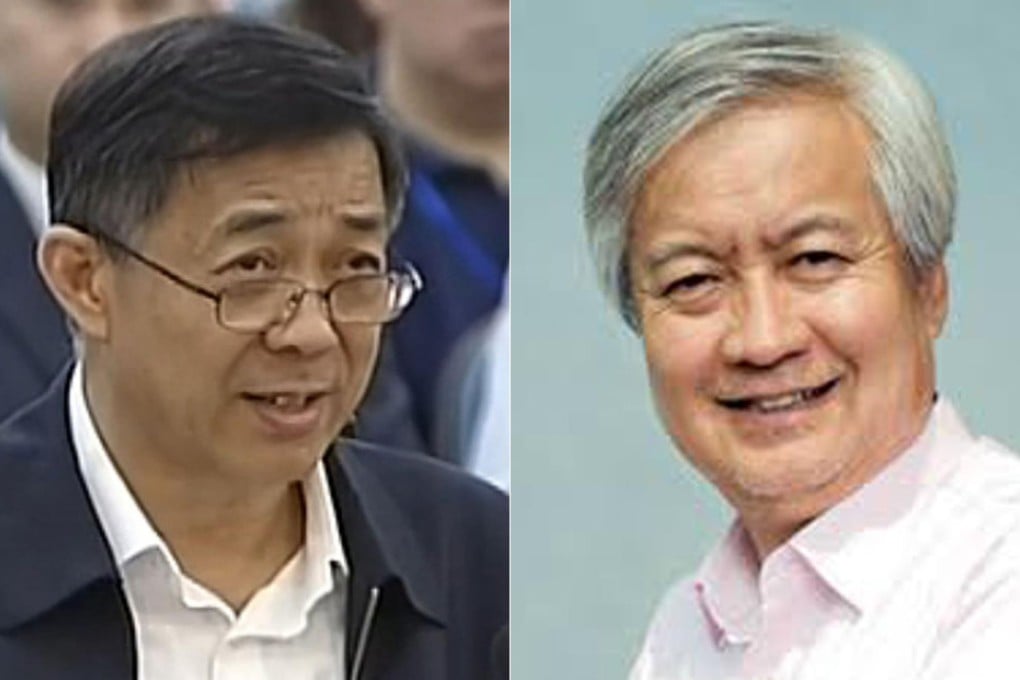Opinion | Attack on rumours a step backwards for transparency
Beijing should continue the openness shown during Bo Xilai trial and embrace social media, rather than cracking down on internet speech

Two developments over the past two weeks - one highly positive, the other ominously negative - highlight Beijing's ambivalence towards the free-wheeling social media environment and raise questions over its efforts to boost transparency to fight corruption.
The positive development was the surprising degree of transparency during the five-day trial of Bo Xilai, arguably the country's most watched court case in decades. The decision to publicise the bulk of court proceedings on popular microblog platforms - including Bo's defiant defence against all charges - earned widespread praise, particularly from lawyers and academics. Some state media hailed the decision as a landmark in the country's efforts to enhance the rule of law.
Just as the accolades started to ring, authorities meanwhile intensified what appeared to be a nationwide campaign to detain online social commentators, citizen journalists and even state media reporters who used social media to expose corruption and social injustices.
Their pretext is to punish people who spread malicious rumours online, which authorities say harm social harmony and incite disturbances. But the crackdown has understandably heightened fears that authorities are trying to rein in the country's boisterous microblogging platforms which have remained less censored.
The crackdown seems to be two-pronged. First, police in Beijing and other cities rounded up a number of microbloggers who posted comments about supposedly deadly accidents or corruption allegations that turned out to be false.
Second, authorities have targeted bloggers who enjoy especially large followings on social media, known as "big V" users because their identities have been verified by social media operators like Sina or Tencent.

